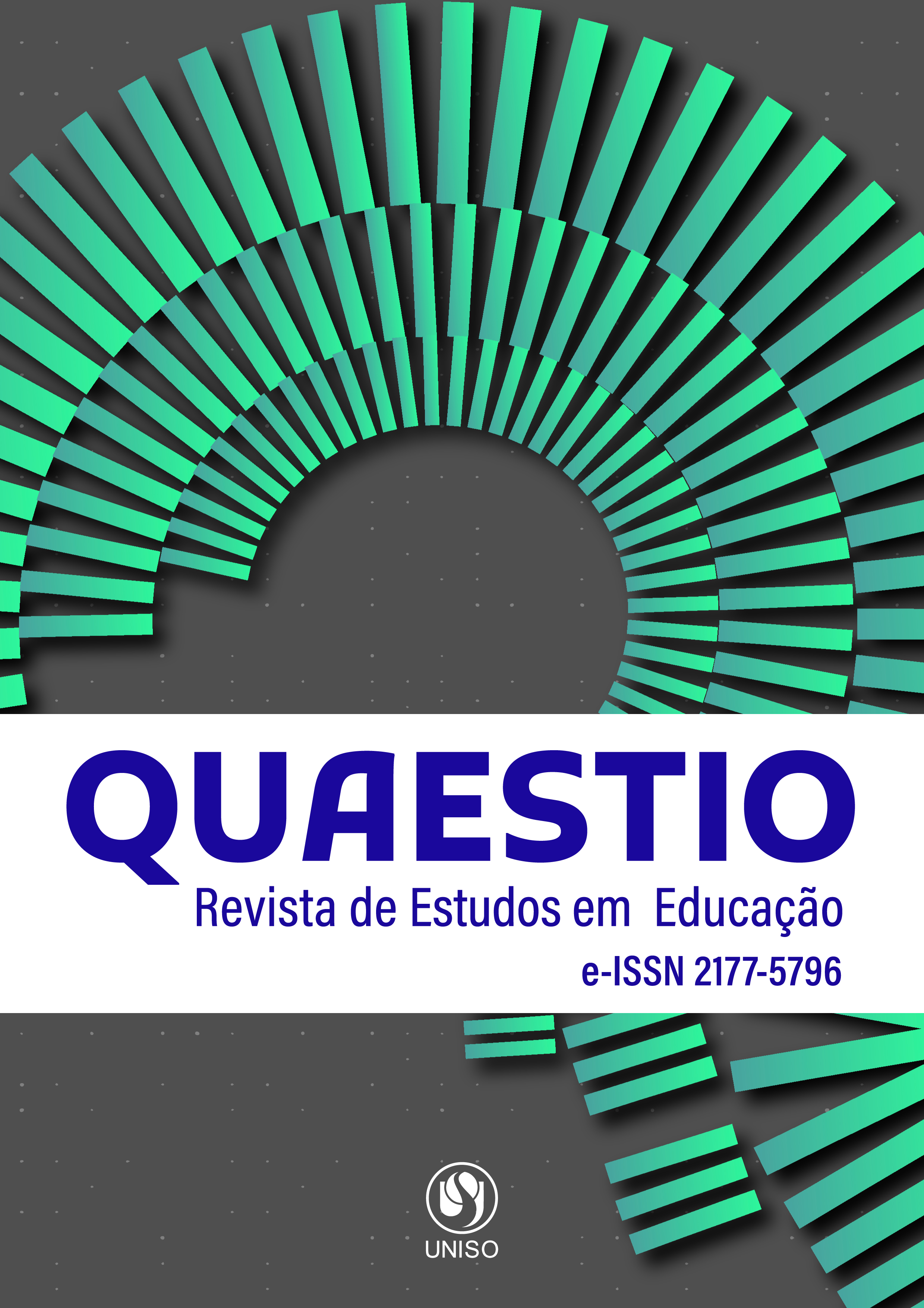Use of digital information technology and communication and universal design for learning in us literacy processes
DOI:
https://doi.org/10.22483/2177-5796.2024v26id5460Keywords:
universal design for learning, digital information and communication technologies, literacy.Abstract
This study aims to identify effective educational practices that integrate Universal Design for Learning (UDL) and Digital Information and Communication Technologies (DICT), focusing on analyzing their contributions to the literacy process in inclusive contexts. The methodology employed a qualitative approach guided by a systematic literature review on the interface between UDL, DICT, and literacy in inclusive education, with searches conducted in Scopus and SciELO, resulting in 28 initial studies (2015-2023), from which 7 articles were selected based on established criteria. Content analysis identified themes such as digital tools, flexible methodologies, engagement, and barriers. This research revealed that the integration of UDL with DICT enhances accessibility and promotes inclusive literacy by enabling pedagogical activities tailored to each student's needs. Resources like audio description and Brazilian Sign Language (Libras) are essential for students with disabilities, while the active role of teachers ensures a personalized and sensitive application. The interactive and collaborative approach strengthens participation and equity in education, fostering the development of reading, writing, and social skills.
Downloads
Downloads
Published
How to Cite
Issue
Section
License
Copyright (c) 2024 Quaestio - Revista de Estudos em Educação

This work is licensed under a Creative Commons Attribution 4.0 International License.
Esta licença permite que outros remixem, adaptem e criem a partir do artigo para fins não comerciais, desde que atribuam ao(s) autor(es) o devido crédito e que licenciem as novas criações sob termos idênticos.
Os artigos publicados são de total e exclusiva responsabilidade dos autores, que mantêm os direitos autorais e atribuem o direito da primeira publicação para a Quaestio: Revista de Estudos em Educação do Programa de Pós-Graduação em Educação da Universidade de Sorocaba.
Outros acordos contratuais podem ser feitos pelos autores, para posterior distribuição da versão do artigo (por exemplo em páginas institucionais ou pessoais, ou em livro), explicitando que o trabalho foi publicado nesta revista .

















